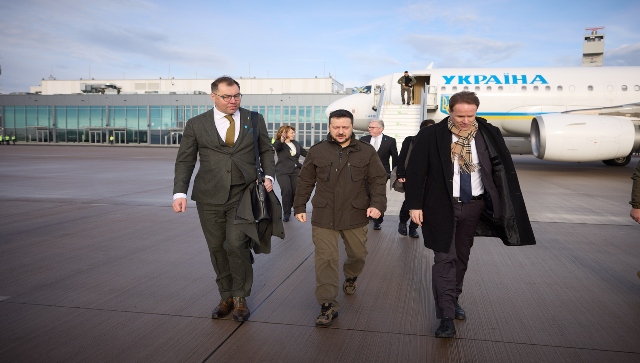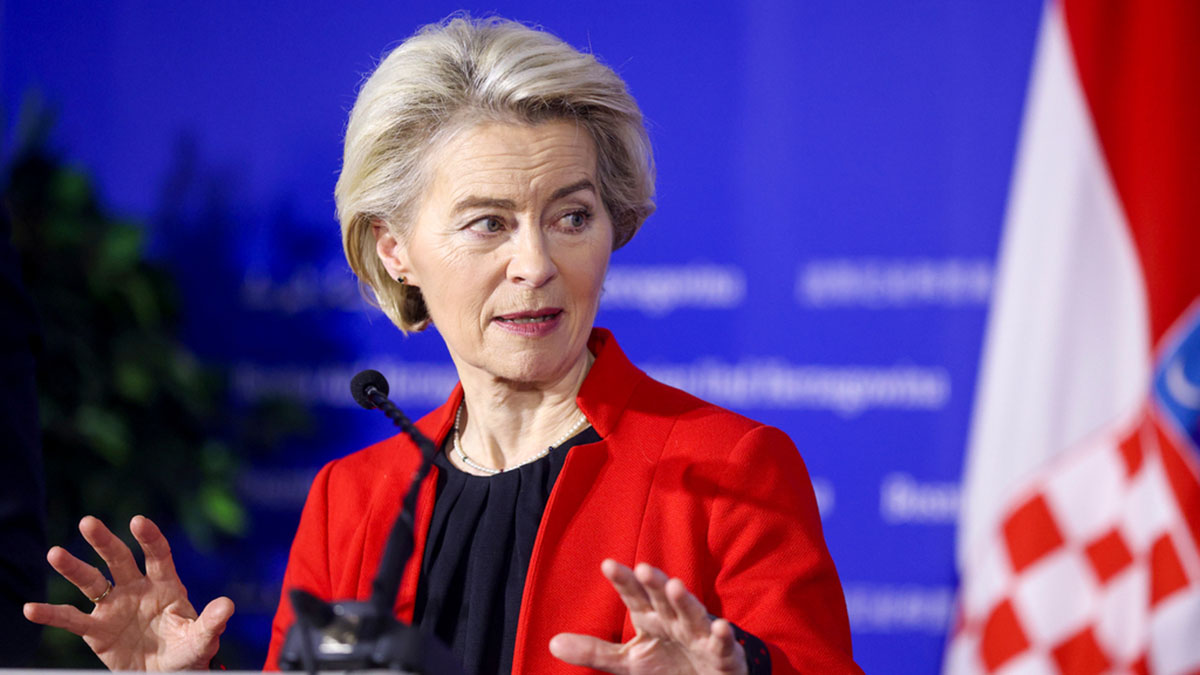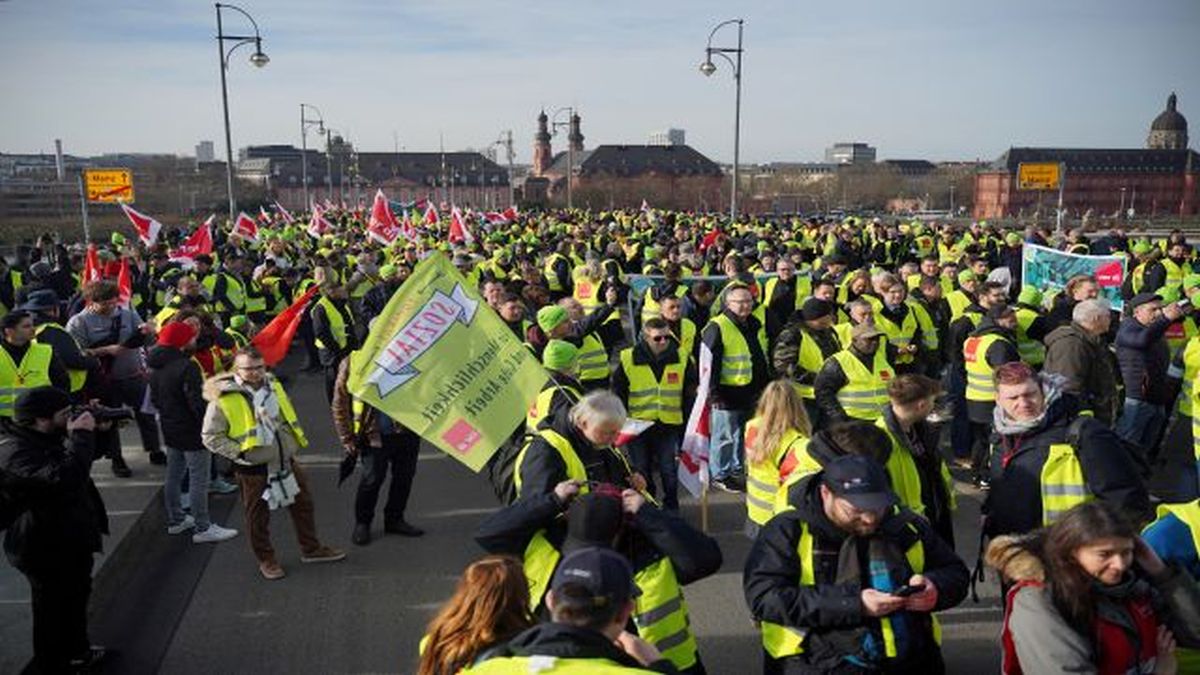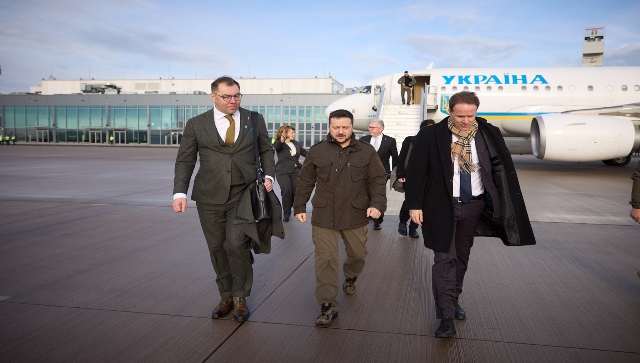Europe is currently undergoing a significant shift in its immigration policies with several countries including Germany, Italy, France and UK, implementing stricter measures to manage the influx of migrants and asylum seekers. These changes mark a departure from the more welcoming policies of the past and the continent is grappling with the challenges posed by a surge in immigrants fleeing war zones and poverty worldwide.
Germany’s U-turn on immigration
Germany, once considered a beacon of refuge for migrants and asylum seekers, is now reevaluating its stance on immigration. Chancellor Olaf Scholz recently announced a historic decision to toughen immigration measures, signalling a shift from the pro-refugee policies implemented by former chancellor Angela Merkel. This decision comes in the wake of a dramatic increase in migrants and irregular migration, which has challenged the country’s resources and infrastructure.
“I don’t want to use big words but I would like to say that I believe this is a historic moment as we sit here. In light of an unquestionably huge challenge with very large numbers of migrants and irregular migration, we have managed for all levels of the state to closely cooperate, which is necessary," said Chancellor Scholz.
Germany’s new rules aim to make the country less attractive to immigrants by reducing support and delaying access to healthcare, funding and other social services. This policy shift reflects a broader trend in Europe where nations are looking to outsource their refugee issues and limit the inflow of asylum seekers.
Italy’s unique solution
Italy, a frontline country in the European migrant crisis, is pursuing a unique approach. Prime Minister Giorgia Meloni has proposed an agreement with Albania to create facilities for the management of illegal migrants on Albanian territory. These centres are expected to accommodate up to 3,000 migrants and expedite the processing of asylum applications with only one centre housing migrants at a time. Italy aims to hold 36,000 asylum seekers in Albania annually with the United Nations acknowledging the legality of this plan, provided human rights conventions are respected.
“The agreement consists in the fact that Albania will give Italy the opportunity to use some areas of Albanian territory in which Italy can create, at its own expense, under its jurisdiction, two structures where it can set up centres for the management of illegal migrants. These facilities will initially be able to accommodate up to 3,000 people who will remain in these centres,” said Prime Minister Meloni.
Role of international organisations
The United Nations High Commissioner for Refugees (UNHCR) has emphasized the importance of ensuring that human rights and refugee protection conventions are upheld and that responsibility for refugees is not shifted irresponsibly. As these new policies take shape, it remains to be seen how effectively these safeguards will be implemented and monitored by international organisations.
“First, that all the rights provided by the conventions on refugees and human rights are respected by the concerned countries. And second, that these transfers must not become a shift of responsibilities as far as refugees’ protection is concerned. They must instead become an enhancement of a shared responsibility,” said UNHCR representative in Italy Chiara Cardoletti.
Other European nations
France and UK are also adapting their immigration policies to address the challenges posed by immigration. France is seeking to deport individuals deemed “a serious threat to public order”, making exceptions for labour shortages. The UK, on the other hand, has made headlines with its plan to send migrants to Rwanda, a decision that is currently under legal scrutiny.
Europe is undergoing a transformative period in its immigration policies as countries respond to the growing migrant crisis. While the goal is to manage immigration more effectively, the implications for migrants and the region’s social fabric are yet to be fully understood. The continent’s anti-immigration push has begun, but its long-term impact remains uncertain. Europe’s response to the migration crisis will continue to shape the region’s identity and relations with the rest of the world.
Views expressed in the above piece are personal and solely that of the author. They do not necessarily reflect Firstpost’s views.
Read all the Latest News , Trending News , Cricket News , Bollywood News , India News and Entertainment News here. Follow us on Facebook , Twitter and Instagram .


)




)
)
)
)
)
)
)
)